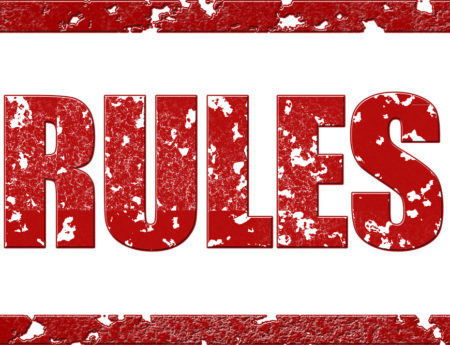
This article was originally published by the European Council on Foreign Relations (ECFR) on 3 October 2018.
As the trade war between China and the United States heats up, Europeans should think hard about who they turn to for assistance
In the early years of Xi Jinping’s presidency, China became increasingly assertive. It challenged neighbours and irksome international rules, while painting its behaviour as a measured response to other states’ mischief. Beijing lashed out at what it called Japan’s “militarism”; the “wrongful” deployment of the Terminal High Altitude Area Defense system in South Korea; “unfair” international arbitration on territorial claims in the South China Sea; the European Union’s “protectionist” view of China’s market economy status; Indian “provocations” on the Chinese border; and, of course, the United States’ “threatening” presence in East Asia. In reality, China insisted that status quo powers accept policies on its terms, while it became ever more unpredictable in its dealings with them. Europe learned this the hard way – through botched summits, interrupted or delayed dialogues, constant Chinese attempts to divide the EU, and Beijing’s sweeping disregard for implementing joint agendas and addressing European complaints.

